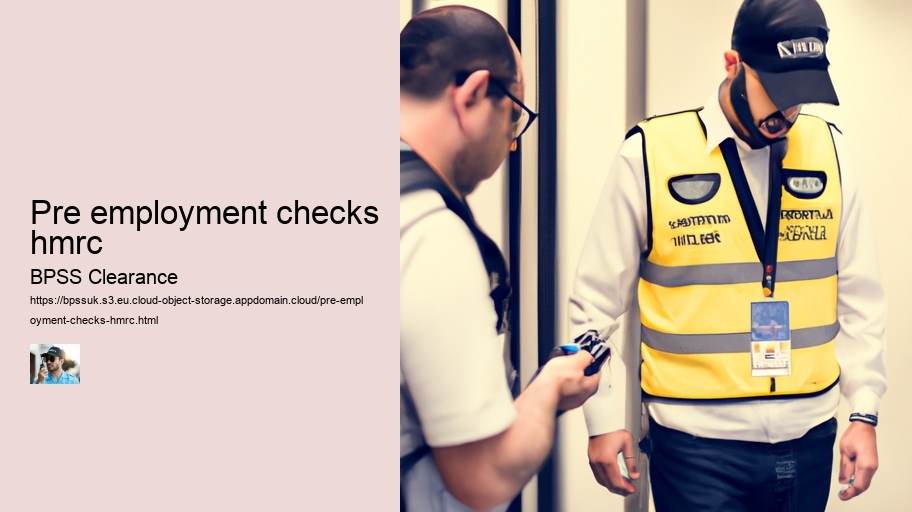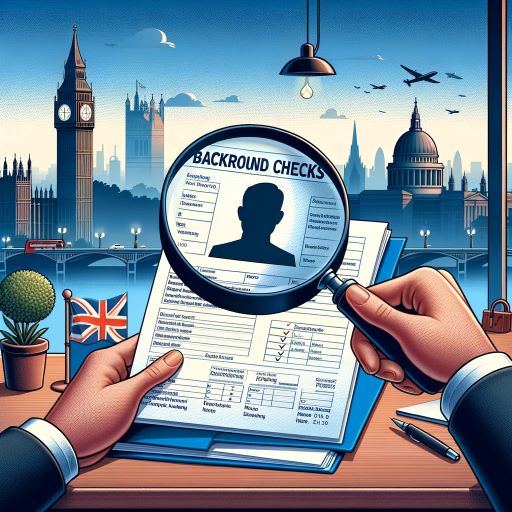
What flags a security clearance?
pre employment checks hmrc
To secure BPSS clearance, it's imperative to provide the necessary documents such as proof of identity, employment history, national and immigration status, details on criminal records, and periods spent abroad. Adhering to these requirements is crucial for successfully obtaining BPSS clearance and gaining access to UK OFFICIAL and SECRET assets. Be sure to thoroughly verify all documents for accuracy and completeness before submitting your application.
Identity verification is a fundamental step in the BPSS clearance process, as it validates your eligibility to access sensitive UK assets. The accuracy and authenticity of the documents you submit play a significant role in the successful completion of your BPSS clearance.
The BPSS clearance process also assesses the nationality and immigration status of the applicant, confirming their eligibility to work in the UK. This step is essential not only for legal compliance but also for ensuring the reliability of the workforce in sensitive or security-related roles. It helps prevent the employment of individuals who might have restrictions that could impact their suitability for specific duties.



